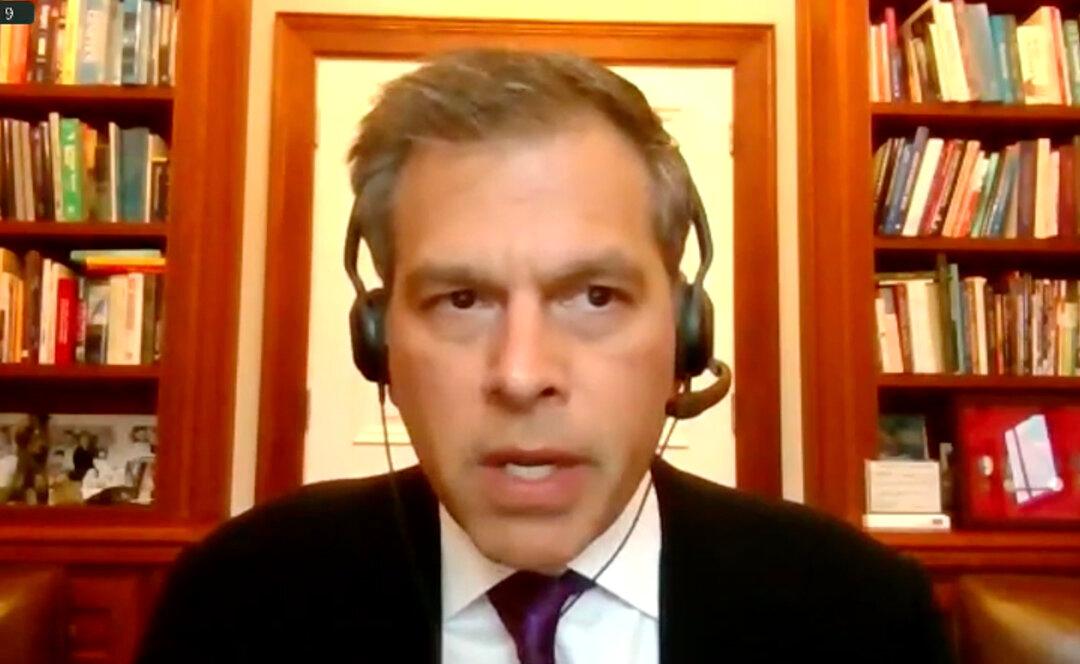The federal government has to develop more target-oriented policies to convince those who still haven’t received a COVID-19 vaccine to get their shots, while engaging in name-calling, as Prime Minister Justin Trudeau did, is “uniquely unhelpful” to that end, a medical expert told parliamentarians.
Trudeau used derogatory terms to describe unvaccinated Canadians, saying they are often racists, science-deniers, and misogynists during an interview on the French-language program “La semaine des 4 Julie” on Sept. 16, 2021. At a press conference days earlier, he called protesters demonstrating against federal vaccine policies “anti-vaxxer mobs.”





